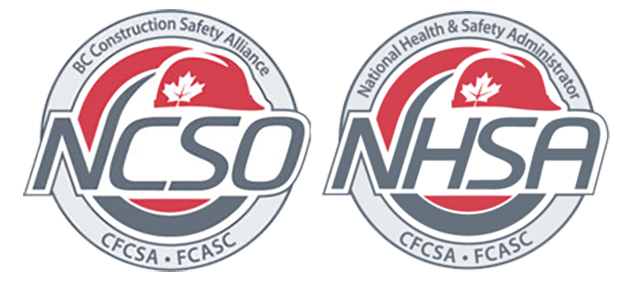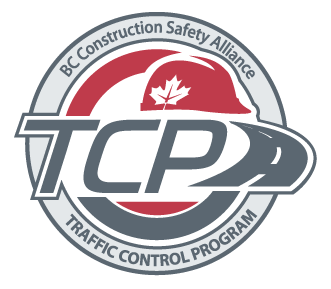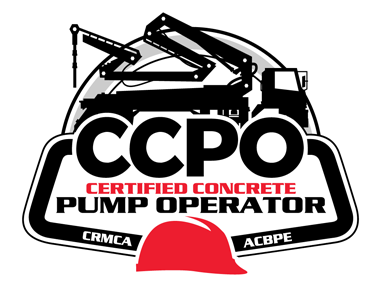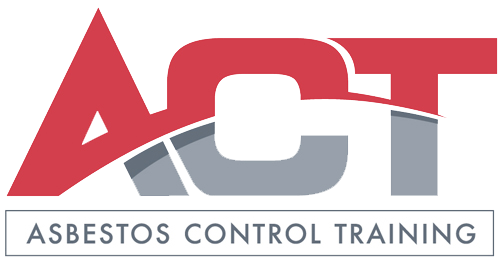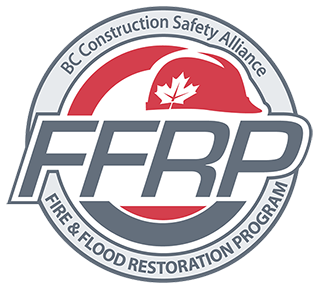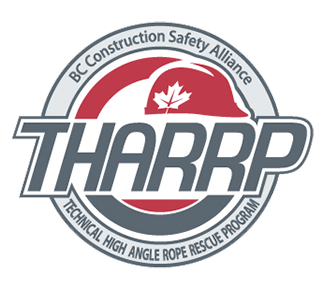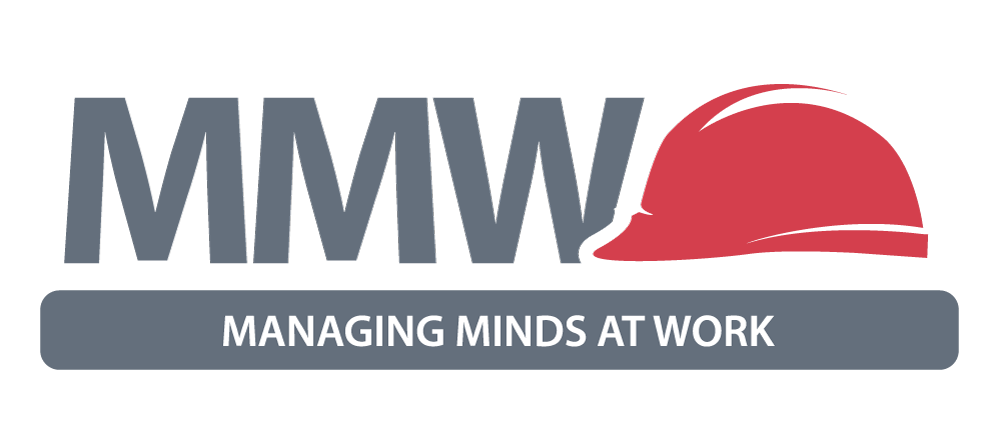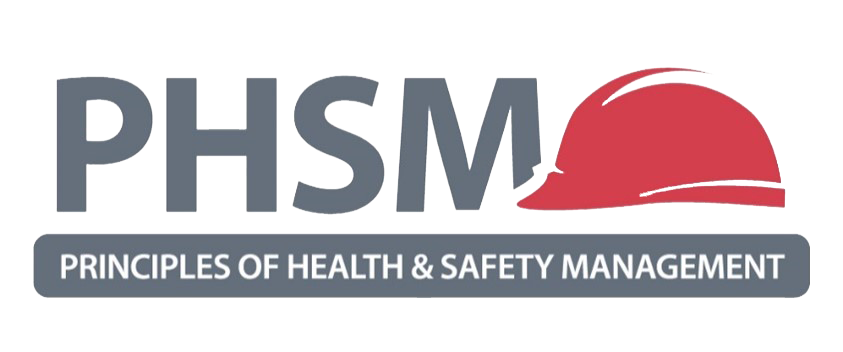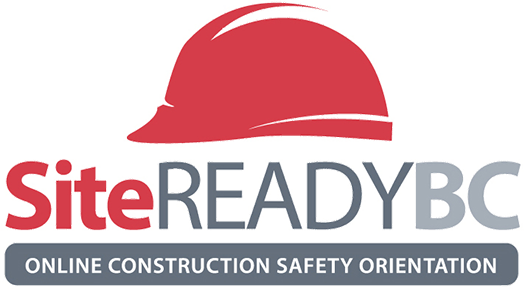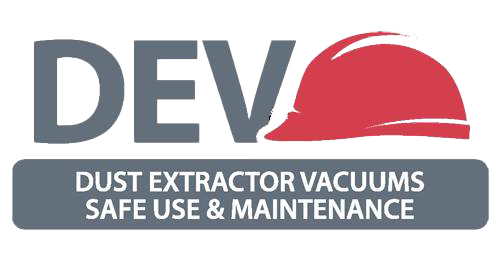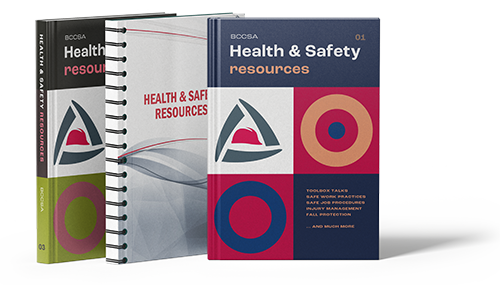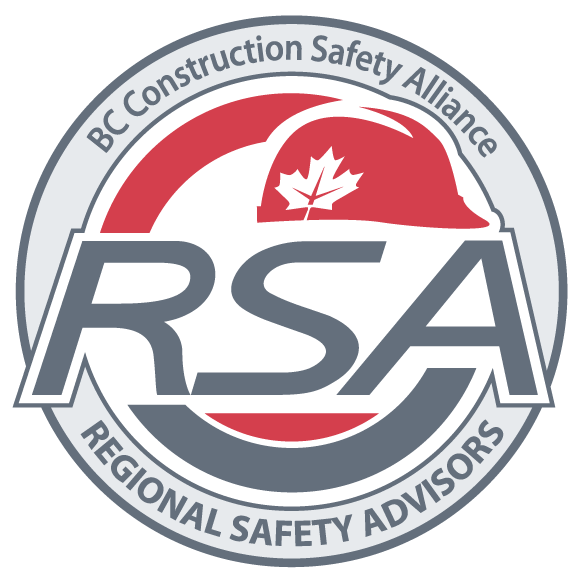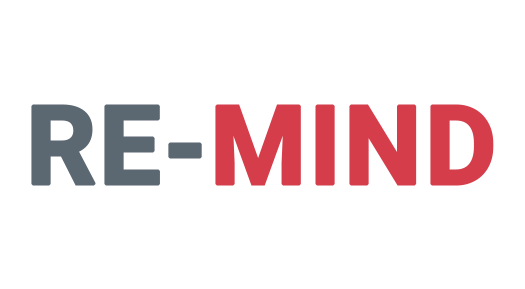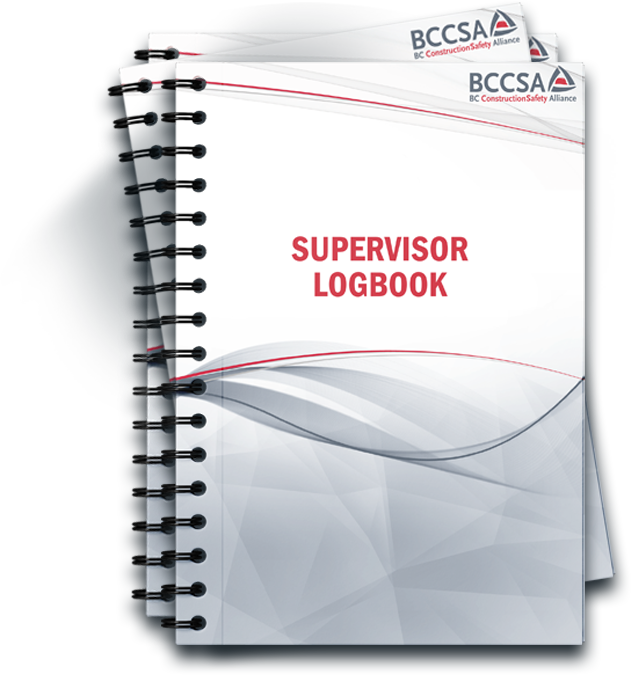COR® Program FAQs

-
1.What is the Certificate of Recognition (COR®) Program?
The COR® Program is a voluntary employer certification program intended to motivate employers to take a proactive role in occupational health and safety. COR® certification is issued by WorkSafeBC to an employer who has successfully implemented an effective occupational health and safety management system (“OHSMS”) and has passed a certification audit. The program is delivered through Certifying Partners. BCCSA is the COR® Certifying Partner for employers in the BC construction industry.
-
2.What is a Certifying Partner?
Certifying Partners are organizations that, through contractual agreement with WorkSafeBC, help guide employers toward earning a Certificate of Recognition (COR®). Certifying Partners are typically safety associations recognized by WorkSafeBC as having in-depth industry knowledge used to promote and develop workplace health and safety. There are different Certifying Partners for different industries. Each partner has developed COR® Audit documents, most of which can be found on their individual websites. Find the BCCSA COR® Audit document here.
-
3.How do we verify who our company’s COR® Certifying Partner is?
To participate in the COR® Program, employers must register with a Certifying Partner that offers services to their particular industry. To search for the Certifying Partner that serves your industry, please click here. Employers wanting to enter the program in sectors without a Certifying Partner will be aligned with the Certifying Partner that most closely matches their needs, by a process of "natural alignment".
-
4.Who is eligible to participate in the BCCSA COR® Program?
Companies registered in the construction sector, as well as select aggregate and ready-mix Classification Units (CU), are automatically eligible to participate in BCCSA’s COR® program. These include:
- Construction, all CUs 721xxx, 722xxx, 723xxx
- Primary Resources (Aggregate Producers), CU 704008
- Manufacturing (Ready-Mix Concrete), CU 712033
Companies outside of the construction industry that wish to obtain a COR® through BCCSA may submit a COR® application for review. Participation will be subject to approval from WorkSafeBC.
NOTE: Each participating company must be registered with WorkSafeBC as an employer and have an active WorkSafeBC Account PRIOR to submitting a COR® Application Form (PDF). -
5.What if we have multiple WorkSafeBC Account numbers?
A COR® Application Form (PDF) must be completed and submitted for each company registered with WorkSafeBC that is seeking COR® Certification through the BCCSA.
-
6.What are the benefits of COR® Certification?
- Makes a strong public statement about a company’s commitment to protecting the well-being of workers and maintaining a culture of safety.
- Employers who achieve and maintain COR® may be eligible to receive 10% in annual incentive payments from WorkSafeBC.
- Over time, with reduced injuries and lower claim costs, a COR® company’s experience-rated WorkSafeBC premiums will reflect additional savings.
- Many general contractors require subcontractors to have a recognized safety program in place as a prequalification to bid on projects. COR® meets that requirement.
-
7.Is COR® participation mandatory?
No, participation in the COR® program is voluntary.
-
8.What COR® programs are available through the BCCSA?
Two COR® programs are offered by the BCCSA, each having different program requirements:
- Small COR®: for companies with 19 or fewer employees
- Large COR®: for companies with 20 or more employees
See The COR Process for details on how to obtain, maintain, and re-certify Small or Large COR®.
-
9.How long is a COR® valid once issued?
COR® is valid for three years, provided BCCSA’s COR® program requirements are met and certification is maintained by submitting annual audits.
-
10.What specific audits are required for our company?
There are three types of COR® audits:
- CERTIFICATION: for companies that are new to COR®;
- MAINTENANCE: interim audits required to maintain COR® over the three-year period; and
- RECERTIFICATION: for companies who want to renew their COR® for another three-year period (the audit requirements are the same as for the Certification audit).
COR® audits must be conducted once per calendar year for a typical three-year COR® cycle, as illustrated in the following table:
Small COR® Year Type of Audit Type of Auditor 1st Year Certification / Recertification Internal* 2nd Year Maintenance Internal* 3rd Year Maintenance Internal* Large COR® Year Type of Audit Type of Auditor 1st Year Certification / Recertification External 2nd Year Maintenance Internal* 3rd Year Maintenance Internal* *A company has the option of using an External Auditor in place of their Internal Auditor
-
11.When is the deadline for new COR® Certification?
For new COR® applicants, it's essential to conduct and submit a COR® Certification Audit to the BCCSA by November 30th of the calendar year in which the company is seeking COR® Certification and eligibility for WorkSafeBC incentive payments.
If a company is unable to meet the November 30th deadline in the current calendar year for new COR® Certification, they'll need to wait until the following calendar year to conduct and submit their Certification Audit to the BCCSA.
-
12.How does WorkSafeBC calculate COR® incentive payments?
Incentive payments are calculated using a company’s assessable payroll and base rate for each Classification Unit (CU) in which the company qualifies for an incentive payment.
Employers who obtain OHS COR® are eligible to receive an incentive payment using the following calculation:
Calculation: Assessable Payroll x CU Base Rate ÷ 100 x 10% = Incentive payment
Example: $2,000,000 x $4.00 ÷ 100 x 10% = $8,000 -
13.Our company has more than one Classification Unit (CU) number assigned under its WorkSafeBC account. How do we ensure our company is considered by WorkSafeBC for incentive payment eligibility for each CU?
If your company has more than one CU number, all CUs the company is seeking COR® status and incentive payment eligibility consideration must be included in the scope of the initial COR® Certification Audit and subsequent annual COR® Maintenance Audits. The audit scope must include representative sampling from each CU number.
-
14.Our company is a small business. Is there a minimum COR® incentive payment?
Yes, the minimum COR® incentive payment is the lesser of $1000 or 75% of what the employer has paid in premiums for the incentive year being calculated.
-
15.When will our company receive its first incentive payment from WorkSafeBC?
Incentive payments are issued by WorkSafeBC in the calendar year following the COR® certification year. For example, a company who achieves COR® certification in 2023 will be considered for incentive payment eligibility by WorkSafeBC in 2024.
An employer with a valid COR® is eligible to receive a financial incentive for each year they hold a COR® and where none of the exceptions to COR® financial incentive eligibility apply.
-
16.Are there any circumstances under which our company may not receive a COR® incentive payment from WorkSafeBC?
An employer with a valid COR® is eligible to receive a financial incentive for each year they hold a COR® and where none of the exceptions to COR® financial incentive eligibility apply. Exceptions to COR® financial incentive eligibility:
- Failure to report payroll
The Board will notify the employer of the deadline to submit payroll for the purposes of the annual COR® financial incentive. An employer will lose its financial incentive for an eligibility year if it fails to report payroll by this deadline.
- Convictions and administrative penalties
An employer will not receive a financial incentive for any year in which a violation occurs that results in:
Where the Board is considering enforcement action against a certified employer, or where the Board is investigating a workplace incident involving the certified employer, the Board will not make a decision on the employer’s financial incentive for the incident year.
An employer’s eligibility for a financial incentive will not be determined until the applicable review and appeal periods expire or the applicable review and appeal process is completed.
-
17. How long will it take our company to obtain COR® Certification?
The length of time required to achieve COR® Certification will depend on the state of your company’s existing safety management system. Some companies currently have systems in place that meet all of the BCCSA COR® program requirements, while others may require up to 18 months to successfully implement all of the COR® program elements.
Sufficient evidence which demonstrates a program has been developed and implemented in your company must be available. There should be at least 6 months (12 months is recommended) of supporting evidence that the company’s OHS program elements are functioning.
-
18.How much will it cost our company to achieve COR® Certification?
The cost to participate will vary, depending on the size and complexity of your company’s operations. A company who participates in the Large COR® program must secure a BCCSA qualified External Auditor to conduct their Large COR® Certification Audit. Due to audit sampling requirements, the larger the company, the more employees or sites must be interviewed and observed. Any fees associated with travel or expenses to carry out the audit must be negotiated between the company and the third party external auditor.
A company who participates in the Small COR® program can use a BCCSA qualified Internal Auditor to conduct their Small COR® Certification Audit.
-
19.Does our company require any training to participate in the BCCSA COR® Program?
If your company wishes to utilize a BCCSA-qualified COR® Internal Auditor (where applicable), a permanent employee of your company needs to successfully complete the BCCSA’s 2-day COR® Internal Auditor Training course.
BCCSA offers a variety of safety training courses (optional) throughout the province. These courses are designed to assist companies of all types and sizes in establishing and maintaining effective health and safety and injury management programs. Companies registered in the Construction Sector, as well as select Aggregate and Ready-mixed Classification Unit (CU) numbers can take many of our training courses at no cost!
-
20.Who conducts COR® audits on our company?
An employer who enters the Small COR® program may use a BCCSA qualified Internal Auditor or hire a BCCSA-qualified External Auditor to conduct their COR® audits.
An employer who enters the Large COR® program must use a BCCSA qualified External Auditor to conduct their Certification/Re-certification Audits and can use a BCCSA-qualified Internal Auditor to conduct their Maintenance Year Audits.
- A BCCSA qualified COR® Internal Auditor is a permanent employee of the company who successfully completes BCCSA’s two day COR® Internal Auditor Training course and the required student audit assignment.
- A BCCSA qualified COR® External Auditor is a third-party auditor approved by BCCSA. The list of qualified auditors can be found on our External Auditor page.
-
21.Who should take the BCCSA’s 2-day COR® Internal Auditor Training course?
The employee attending the COR® Internal Auditor Training course should be familiar with all aspects of your company's safety management systems, such as a company-designated Health & Safety Representative. The individual who completes this course must conduct and submit a student audit assignment to the BCCSA within 4 weeks of course completion. A permanent employee of your company must complete this course in order to be qualified as the company’s COR® internal auditor.
If your company elects to hire and pay for an external auditor for all audit requirements, they are not required to have a trained employee.
-
22.Can a COR® Student Audit Assignment count as our company’s COR® audit submission?
No, a student audit assignment cannot count towards a company’s COR® audit requirements.
-
23.What if our company’s qualified COR® Internal Auditor leaves?
The internal auditor certification belongs to the individual who completed the course. Your company will need to send another permanent employee through auditor training or hire and pay for an external auditor for all audit requirements.
-
24.Does BCCSA offer equivalency to COR® Internal Auditors?
Yes, a COR® Internal Auditor trained through another provincial construction safety association may apply for BCCSA COR® Internal Auditor equivalency by submitting the following documents to the BCCSA for review:
- Copy of the valid COR® Auditor Certificate issued by a provincial construction safety association.
- Copy of a previously completed COR® National Audit Document.
See COR® Internal Auditors for more details.
-
25.Which External Auditor should our company hire?
While certified by the BCCSA, external auditors are independent consultants selected and paid for by the companies requesting their services. BCCSA recommends your company request quotes and references before making its decision.
Hiring a COR® External Auditor
-
26.How can BCCSA help our company develop a Health & Safety program that meets the COR® program standard?
BCCSA offers a range of safety training courses which are delivered at various locations throughout the province. These courses are designed to assist companies of all types and sizes in establishing and maintaining an effective health & safety programs. Companies registered in the Construction Sector, as well as select aggregate and ready-mixed Classification Unit (CU) numbers can take many of our training at no cost!
-
27.What if our company fails their COR® Certification or Recertification audit?
A company must achieve a minimum score of 80% overall, and at least 50% in each element, to pass the audit.
If the audit has failed with an overall score of between 70% and 79% (or less than 50% in any element), the company may request a limited-scope audit which will reaudit the element(s) that contributed to the low audit score. BCCSA must be informed of the company’s intention to proceed with a limited-scope audit and the limited-scope audit must be performed within 90 days of the original audit date.
If the audit has failed with an overall score of less than 70%, the company must have their entire program reaudited at a later date. BCCSA recommends the company take sufficient steps to address any program shortcomings before going through the expense of a reaudit.
-
28.Our company has undergone (or will undergo) operational changes since becoming BCCSA COR® Certified. What does our company need to do to ensure our COR® status remains in good standing with BCCSA and WorkSafeBC?
As per WorkSafeBC’s The COR® Program: Standard and Guidelines, when an employer changes scope of operations by changing, or adding, a classification unit in which they are registered with WorkSafeBC, merging with, or acquiring, another business, or changing their WorkSafeBC account number, the employer must consult BCCSA to determine whether an additional certification audit is required to maintain COR® certification. Information must be provided to the BCCSA as soon as the changes occur to prevent loss of COR® certification and eligibility for incentive payments.
-
29.Our company holds a Small COR® Certificate through the BCCSA and the company has grown in size since achieving COR® certification. Do we need to notify the BCCSA of our company’s change in size?
Yes, as BCCSA COR® program requirements differ with company size (19 or fewer employees or 20 or more employees), participating COR® companies must notify the BCCSA immediately of any changes. See The COR® Process for Small and Large COR® requirements.
-
30.What if our company hires an external auditor for an audit that could be done internally? Will it count as early COR® recertification?
No, early COR® re-certification will only be recognized by the BCCSA under specific circumstances (e.g. change in Classification Unit number). The company must contact the BCCSA if a request for early re-certification is being sought and BCCSA will review your company’s particular circumstances with WorkSafeBC.
-
31.Our company is COR® certified through BCCSA and we want to bid on a project in another province that requires a COR® certificate. How can we bid on the project?
As a member of the Canadian Federation of Construction Safety Associations (CFCSA), BCCSA has an agreement for temporary COR® reciprocity between all provincial construction safety associations. See Interprovincial COR® Reciprocity for more details.
If your company holds a valid BCCSA COR® and is seeking temporary COR® reciprocity from another provincial construction safety association, please contact the BCCSA at cor@bccsa.ca or toll-free at 1 (877) 860-3675. BCCSA will complete and submit an application for COR® reciprocity on your company’s behalf to the provincial construction safety association in which COR® reciprocity is being sought.
-
32.Our company is COR® certified in another province and we'd like to bid on a project that requires a BCCSA COR® certificate. How can we bid on the project?
As a member of the Canadian Federation of Construction Safety Associations (CFCSA), BCCSA has an agreement for temporary COR® reciprocity between all provincial construction safety associations. See Interprovincial COR® Reciprocity for more details.
To obtain a Letter of COR® Reciprocity from the BCCSA:
- The company must not have a permanent base of operations in the province of BC.
- The company must contact the provincial construction safety association in which they hold a valid COR® and request that the association submit an application for COR® reciprocity on their behalf to the BCCSA.
-
33.Our company is COR® certified in another province. Will BCCSA issue our company a BCCSA COR® certificate?
No, your company must complete the BCCSA COR® program requirements to achieve COR® status and incentive payment eligibility.
-
34.Why do we need to submit our COR® audits to the BCCSA?
As a COR® Certifying Partner, the BCCSA, in accordance with WorkSafeBC’s The COR® Program: Standard and Guidelines, is required to administer quality assurance oversight. BCCSA must perform a detailed review of all COR® audits to ensure any audit process deficiencies are remedied and audits meet an acceptable program standard. Once BCCSA has reviewed and approved your company’s audit submission, we will notify WorkSafeBC that the company has met its COR® program requirements and submit the company for COR® incentive payment eligibility.
-
35.Our company has been identified for a verification audit. Do we have to participate in the audit?
Yes, by participating in the COR® program, a company allows their COR® Certifying Partner to conduct verification audits on the participating WorkSafeBC account number. These verification audits may be (1) selected at random; (2) triggered by internal quality assurance review findings; or (3) at the request of WorkSafeBC to confirm the validity of a company’s COR® certification.
-
36.Why does BCCSA conduct verification audits on its qualified External Auditors?
As a COR® Certifying Partner, the BCCSA, in accordance with WorkSafeBC’s The COR® Program: Standard and Guidelines, is required to perform periodic quality assurance audits on qualified External Auditors to ensure their work meets an acceptable standard. This type of audit uses established practices to evaluate an external auditor’s performance and auditing skills.
If your company is chosen through the selection process, participation (including audit results) will not have an impact on your company’s COR® status or incentive payment eligibility. These audits are performed at no cost to the company and are conducted by the BCCSA (or an assigned representative).
-
37.What is a WorkSafeBC-initiated Verification Audit (WIVA)?
As a COR® Certifying Partner, the BCCSA, in accordance with WorkSafeBC’s The COR® Program: Standard and Guidelines, may be required to conduct a verification audit on your company’s health and safety management system. As part of the COR® program’s ongoing quality assurance activities, all COR®-certified employers are reviewed annually by WorkSafeBC to determine the validity of their COR® certification. Triggers that could result in a verification audit include high-risk violations and program orders, injury rate analysis, and complaints. If your company is required to undergo a WIVA, it will receive written notification from WorkSafeBC. The audit will be performed at no cost to the company and will be conducted by the BCCSA (or an assigned representative).
-
38.What is Normal Operating Mode and why do I need to know this when planning my audit?
Normal Operating Mode (NOM) refers to the average number of employees calculated using the 12-month period prior to the scheduled start of an audit. As per WorkSafeBC’s The COR® Program: Standard and Guidelines, audits must be conducted in a period when the company is in normal operating mode. Audit scheduling should take into consideration fluctuations in volume and/or type of work which may be a factor of weather and/or other business considerations.
When planning for an audit, the company will need to ensure the total # of employees during the audit is not less than 80% of the NOM. The audit must be conducted when the company has a minimum 1 active worksite in addition to their main office for site observations. The interview sample will be calculated using the NOM number of employees.
Important: The company should not schedule an audit slow season (i.e., when employees have been laid off and/or there are no active worksites). If your company’s COR® audit due date does not align with normal company operations/business activities, please contact BCCSA immediately prior to commencing an audit. -
39.What is the time-frame for conducting and submitting our company's COR® Audit?
COR® audits must be completed and submitted to the BCCSA within a maximum time-frame of 45 calendar days. The breakdown of this time-frame is as follows:
- Audit activities from start to end should be completed within a maximum time-frame of 15 calendar days by the auditor. The Pre-Audit meeting date will be considered the start of audit activities. From the start date, the auditor has a maximum of 15 calendar days to complete on-site activities and ensure all necessary documentation, observation, and interview data have been obtained.
- From the end date of audit activities (last day on-site), the auditor has a maximum time-frame of 15 calendar days to review and collate the audit findings, write the audit report, and conduct the Post-Audit meeting with the company.
- Once the company has received the final audit report from the auditor (at the Post-Audit meeting) the company will have a maximum time frame of 15 calendar days to review and sign off on the audit results, develop a Corrective Action Plan, and submit the final audit report to the BCCSA for Quality Assurance.
-
40.Are there circumstances where the Board can decertify our company?
Yes, the Board may decertify an employer where there has been a failure of its Occupational Health and Safety Management System (OHSMS).
Failure of an OHSMS is determined by a WorkSafeBC-initiated Verification Audit (WIVA). In determining if a WIVA is required, the Board considers various indicators that may include, but are not limited to:
- repeat or frequent prevention orders;
- program orders issued under Part 3 of the OHSR;
- orders issued under section 50 of the Act;
- suppressed claims for compensation or suppressed claims costs;
- orders issued under section 73 of the Act;
- any incident resulting in the serious injury or death of a worker;
- the employer being convicted by a Court of a violation of the Act and/or OHSR; or
- the imposition of any administrative penalty.
-
41.Can our company use more than one BCCSA qualified COR® Auditor to conduct our company's COR® audit?
Yes, however, the BCCSA must grant approval before any team audit activities can proceed. A Notice of Team Audit Activities (NOTAA) (PDF) must be completed and submitted to the BCCSA for review and approval at least 3 weeks prior to the scheduled start of the audit.
Team Audit Criteria
- The Lead Auditor will act as the key liaison with the BCCSA and will be responsible for any quality assurance issues that arise.
- All members of the audit team must collectively review the company health and safety manual and relevant company safety documentation.
- Each member of the audit team must visit (at minimum) one active worksite and apply the three COR® audit verification techniques (DOI) for all Elements of the audit.
- All members of the audit team must participate in the Pre/Post audit meetings.
- The Lead Auditor is responsible for summarizing the audit results, writing the final audit report, and submitting the completed report to the BCCSA.
NOTE: Team audits that include a combination of external and internal auditors are not permitted.
No-Cost Training Policy
Some BCCSA courses qualify for either No-Cost or At-Cost Training
If your employer is registered with WorkSafeBC in the Construction Sector under Classification Unit (CU) 72, or 704008, or 712033, you qualify for either NO-COST or AT-COST training on select BCCSA courses.
To take advantage of this benefit, simply provide your valid CU number when registering for a course. A deposit will be charged at registration but will be refunded upon successful course completion. If you don't meet the qualification criteria, you will be charged the full course fee upon completion.
To find BCCSA No-Cost and At-Cost courses, please see our Training Catalogue.
Have a question not answered above? Need clarification?
We have a dedicated team ready to make your COR® experience as easy as possible. We also provide free consultation via our Regional Safety Advisors (RSAs), who are COR® experts. They're available to provide on-site support and practical assistance, ensuring a smooth process for you.
- BCCSA COR® Program
- Phone: (604) 636-3675
- Toll Free: 1 (877) 860-3675
- E-mail: cor@bccsa.ca
- Mon – Fri: 8:00am – 4:00pm
- Weekends & Holidays: Closed
Website Login
Please sign in with your BCCSA account:
Reset Your Password
Please enter your e-mail address below. A password reset code will be e-mailed to you, which you'll use when creating a new password for your account.

